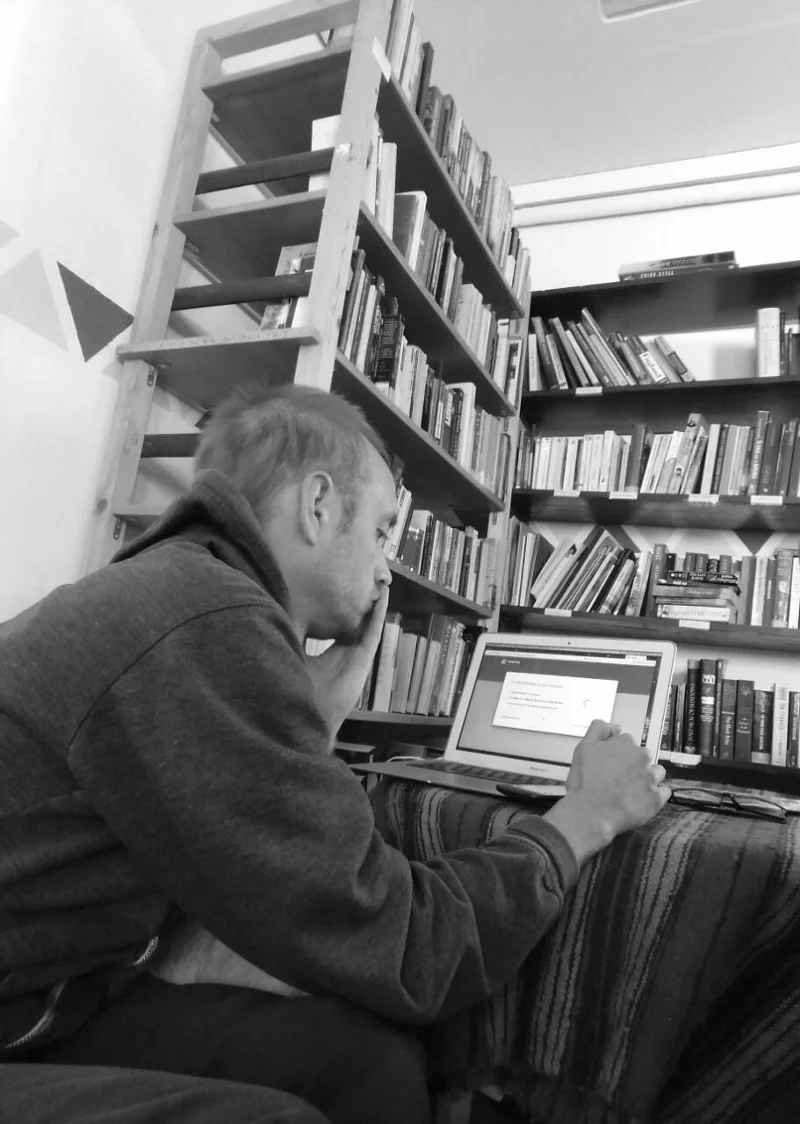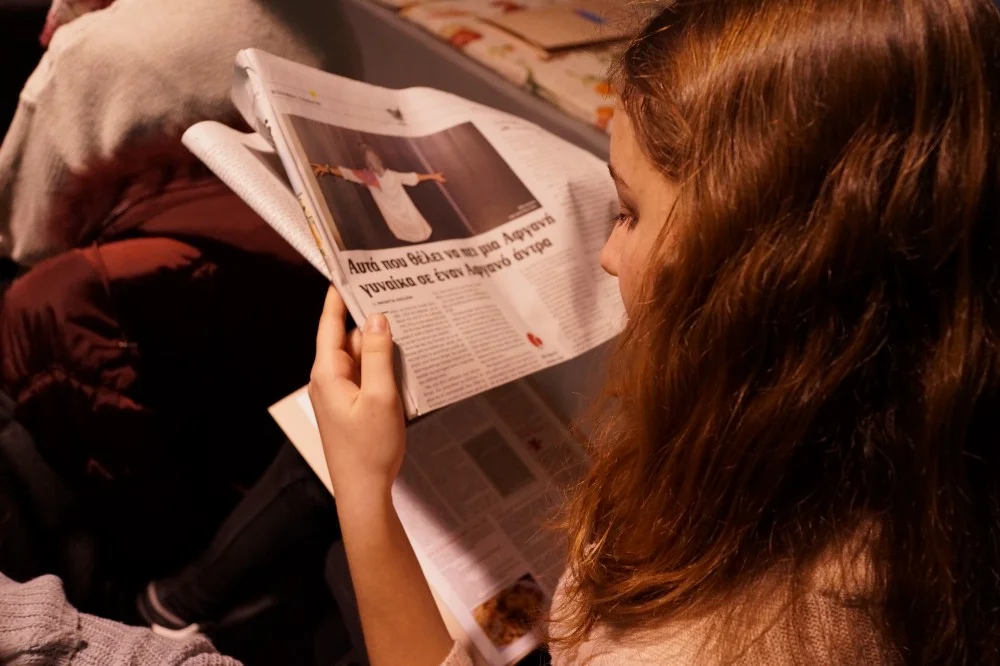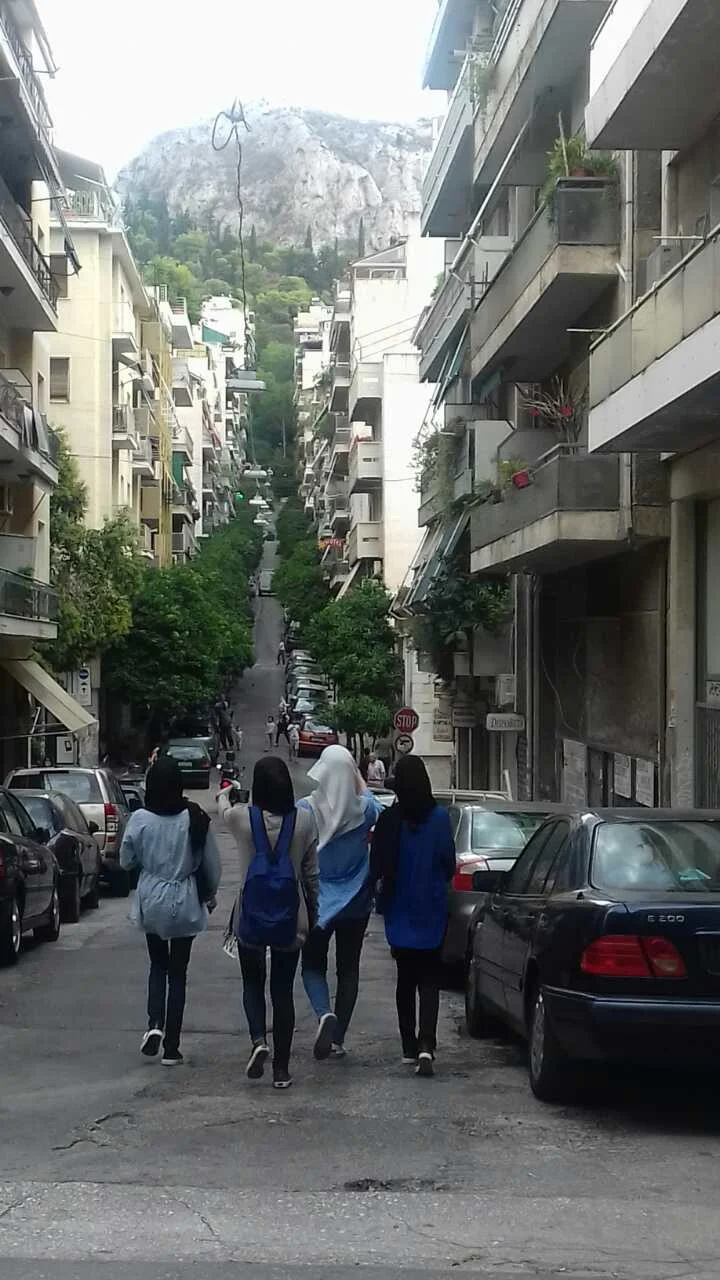Volunteering
People have to be able to depend on one another in society because no one can deal with all his or her own needs if they are cut off from everyone else. It is therefore essential to show social solidarity in order to make other people’s lives easier. A practical way of helping someone in trouble is to offer one’s services as a volunteer, because it shows the recipient that he or she is not isolated in society but are part of a whole, and the whole is part of them. Social contribution gives a feeling of greater security and stability amongst people.
The first volunteer organisation was founded in 1851 and many more followed at the start of the 20th century, offering multiple services in several countries. Finally, on September 17th 1985 it was proclaimed that every December 5th would be International Volunteer Day.
Types of volunteering
Volunteering means offering one’s services and experiences for environmental protection, emergency needs, informal teaching etc. Volunteering benefits both the individual and society and allows cultural progress. Volunteering creates worthwhile friendships, strengthens social education and welfare, and forms the basis for new experiences, as well as professional development and advancement for the volunteers.
Volunteering comes from the good will of people towards society and their fellow man, and their desire to spread good. At the same time, people respect and admire those that offer their knowledge and experiences selflessly.
The definition of volunteering is helping, guiding or supporting a person or an organisation free of charge. Some volunteers have specific skills such as doctors, teachers, first aiders etc. and they each offer something vital for the solution of various problems.
In the past couple of years, many volunteers have come to Athens from all over Europe because of the refugee crisis. We met one of them, Tim from England, who volunteers at a shelter in the centre of Athens, teaching immigrants. “My name is Tim and I teach Level B1 English. I am also part of the team that organises educational and artistic programmes for young people in Khora, a cooperative community centre. I came to Greece in August 2017 and have volunteered in a variety of organisations. I first volunteered in England when I was 17–18 years old.”
What does volunteering mean to you? Do you know its history?
For me volunteering is offering your time without pay. However, some volunteers do get their expenses paid. There are different types of volunteering, depending on the political and social status quo. I don’t know much about the history of volunteering, but I do believe that it is defined by history. Throughout the ages, people have offered and received much without payment.
What made you become a volunteer?
I volunteer because the organisations and shelters that I work for don’t have any funds. I chose them specifically because of this. I don’t believe that volunteers would work better if they were paid.
Why is volunteering important?
I think it is important only if there is no payment at all. That allows the organisation to spend the money where it is needed most. In other words, labor costs are kept low, allowing organisations to offer many of their services free of charge, thus benefiting more people.
What have you “gained” from volunteering?
I have learnt much both from teaching and from living in Athens. I have gained positive emotions and experiences in many sectors, not just through volunteering but also through my own personal actions and choices.
What are the benefits of volunteering?
As I said before, it is the feeling of freedom of choice and action. I haven’t had to sign a contract that might force me to do something I didn’t want to, which means I maintain my freedom and independence. Also, using volunteers allows organisations to be more effective because they are more able to offer essential services and basic necessities to vulnerable groups of people.
Why should someone volunteer?
I don’t believe that people should be obliged to volunteer; instead, they must offer to do something that they enjoy. There are times when voluntary work is quite taxing.
What particular benefits did you reap from voluntary work?
I believe that volunteering takes people away from focusing on money as a priority. It allows them to discover the more beautiful and creative aspects of life, which are far better than any “payment”.
What makes a good volunteer?
I believe that circumstances make you more positive. Someone who gives to his fellow men becomes spiritually worthier, turns away from selfishness, becomes aware of mistakes and more aware of what is going on around him. That is certainly what I try to achieve.
Is voluntary work useful for finding a job?
Many people volunteer in order to get some work experience, since there are a lot of organisations and business who cannot afford to hire staff. At the same time, there are many volunteers who do not have an income and therefore find it hard to make ends meet. I believe that voluntary work can and should be available to all.
What turned you to volunteering?
Volunteering for me began in Athens, because I wanted to teach and make a positive contribution to education.
How many hours and days per week do you work?
I teach two hours a day, five days a week in Athens, however I also organise various educational activities, so altogether I work for nine hours per day.
What do you do each day?
Each day is different. I teach English from Monday to Friday, from 4 to 6pm. These lessons require one or two hours of preparation time. I usually arrange some meetings or discussions before or after class. Occasionally, I visit similar teams in other parts of Athens and offer advice on matters relating to teaching and education in general. I spend about an hour or two each day on my computer, organising my timetable.
How has your previous experience helped you?
I was a teacher for five years and a football team coach for another five. In 2016, I helped organise a college programme. All those things have given me the ability to carry out my present responsibilities. I should also add that organising musical and artistic activities really improved my own skills.
After years of volunteering, Tim believes that his experience is invaluable.
This article was originally published in the seventh issue of ‘Migratory Birds’. The seventh issue of ‘Migratory Birds’ was produced by the Network for Children’s Rights, and supported by UNICEF with funding by the European Commission — Civil Protection and Humanitarian Aid Operations. This edition was further supported by the Rosa Luxemburg Stiftung– Office in Greece, funded by the German Ministry of Economic Cooperation, and published in Greece’s Efsyn newspaper on March 31, 2018.





